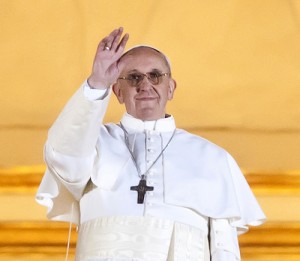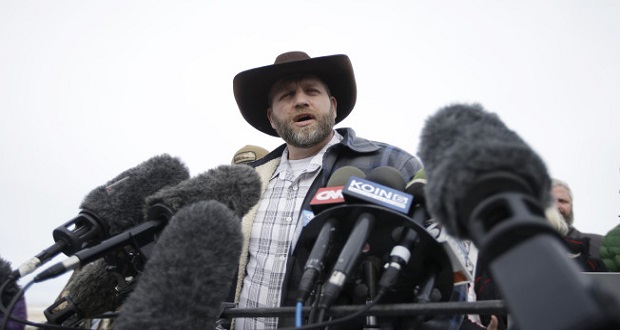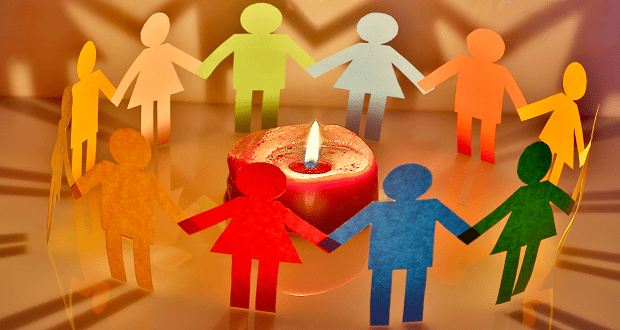Pope Francis is the very first Pope to be elected who is not from Europe. He is the first Latin American Pope in church’s 2000 year history. It seems that the Catholic Church understands the impact of changing demographics too. Currently not more than one-third of the world’s Catholics live in Europe, and that percentage will continue to drop in the 21st century. It is estimated that by 2050 a mere 20% of Catholics will be non-Hispanic whites. According to pundits, Cardinal Jorge Mario Bergoglio of Buenos Aires, was not initially considered a front-runner for the position and many were surprised by his election.
He is different from previous Popes in other ways as well. A strong advocate for the poor, he chose Francis after St. Francis of Assisi, the founder of the Order of Franciscans, a rich man who took an oath of poverty and became a voice for the poor, to care for the underserved and underprivileged.
Additionally although considered a conservative, he did publicly come out in favor of same sex civil unions but opposed same sex marriage. Argentina was the first country in South America to approve gay marriage in 2010. He has also shown compassion for people with HIV and AIDS; in 2001, he visited AIDS patients in a hospice where he washed and kissed their feet.
The impact of diversity appears to have, at least, in part, influenced the selection of Pope Francis. As demographics shift and attitudes change, even the Church has to think about selecting leaders who can relate to their flocks.
Photo credit: Catholic Church (England and Wales) (Creative Commons)



















